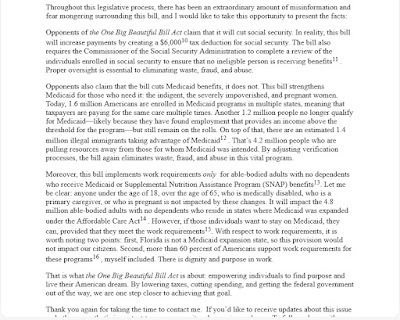Yes, I’ve gone and done it—I’ve published a memoir: Explaining It: A Life Between the Lines. One can find all the relevant information on Amazon
Quick summary: paperback, 6x9 inches, 420 pages, 97 illustrations, $19.95.
A word (okay, maybe more than one) about the title and subtitle. This completes what I informally call the “Explaining It” trilogy—though no cataloger will find such a bibliographic designation in the Library of Congress where all three of my books now reside. The first two volumes are:
- Waiting for Someone to Explain It: The Rise
of Contempt and Decline of Sense (2019) – a political meditation born of
frustration and disillusionment.
- Explaining It to Someone: Learning from the
Arts (2020) – a love letter to literature, music, and theater.
This third installment, the memoir, turns the gaze more inward. I’ve always been a planner, someone who tries—despite the universe’s best camouflaging effort —to understand the forces that shape a life. The main title, Explaining It, reflects that tendency. The subtitle, A Life Between the Lines, is both a nod to my publishing career and an invitation to look beneath the surface—for the gaps and glimmers that define a life.
The content outlines family history, much about my best friend and wife (Ann), the significant influence of mentors, the evolution of a professional life, and the adventures of boating, including living on a boat. It also explores my efforts as an octogenarian to navigate an increasingly unfamiliar world, finding solace in the arts.
It even includes five short stories of mine. There was once a day when there were two distinct sections in a public library: fiction and non-fiction (including reference books): simple and direct. We all knew what those terms meant. The Dewey Decimal System made it seem that life could easily be classified, organized, understood. Now we live in a world where fiction masquerades as fact and fiction is becoming realized (especially if it is of dystopian nature). These short stories are not literal autobiography. But they carry the “redolence” of things I’ve seen, understood, or imagined and thus provide another dimension.
Here’s the Table of Contents for the curious:
Now, let’s address the elephant in the bookshop: why write a memoir—and moreover, why publish it?
To the first question: if 90% of success is just showing up (thanks, Woody Allen), then perhaps writing a memoir is just what happens if you live long enough and still like putting metaphoric pen to paper. I quoted James Salter in my last book and again in this memoir: “There comes a time when you realize that everything is a dream and only those things preserved in writing have any possibility of being real.”
So yes, I believe in writing things down. It's a form of accountability. It can give life to distant memories.
Memoir is not just a collection of dates and facts. It’s storytelling—sometimes exactly as remembered, often shaped by time, bias, or selective memory (sometimes mercifully so). Editing this book, I kept asking: why did I include that, and not this? Why that photo, and not another? The selection process was often, in a word (or two), serendipitous or even capricious, not unlike many decisions during one’s lifetime.
As to the second question—why publish it? I’m not under the illusion that there will be many sales. I’m not “pushing” the book, no speaking engagements. No signings at bookstores. I'm not a household name and have never aspired to the status of “influencer.” (Who would have thought such a profession could exist?). Friends and family will be curious and will no doubt comprise the main market. Nonetheless, to me, not publishing this would be an “incomplete” grade from the University of Life. After all, my profession was publishing and not to formally publish this would feel like leaving a job unfinished.
A few months from now a Kindle e-book edition will be available at a lower price for those now allergic to the printed book (or to the impact of inflation on the costs of creating a physical book).
From another publisher’s memoir, Robert Gottlieb’s The Avid Reader: “I attempt not to think about death, but there’s no avoiding the fact that we are all the pre-dead.” A cheerfully sobering phrase. Like Gottlieb, I try to stay forward-looking, doing the things I love with the people who matter. That’s the real subject of this memoir: not endings, but continuities.
After Explaining It To Someone: Learning from the Arts was published five years ago I wrote: “This might be the last book I write or the penultimate one, as I am thinking more about fiction and memoir perhaps in a couple of years if time and health are good to me…”
Well, here it is. Three years late, perhaps, but better that than never. Last or penultimate? Time will tell.









